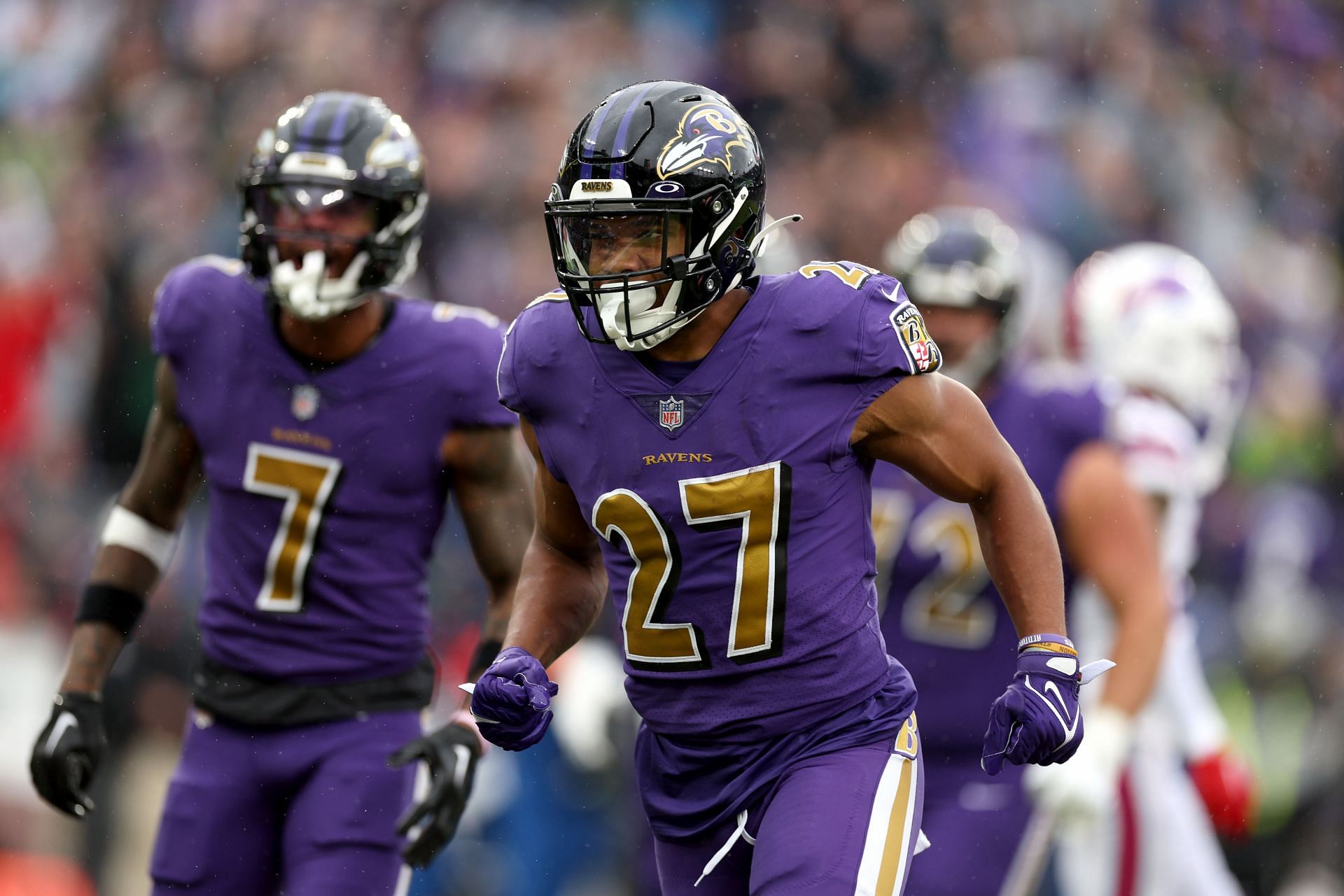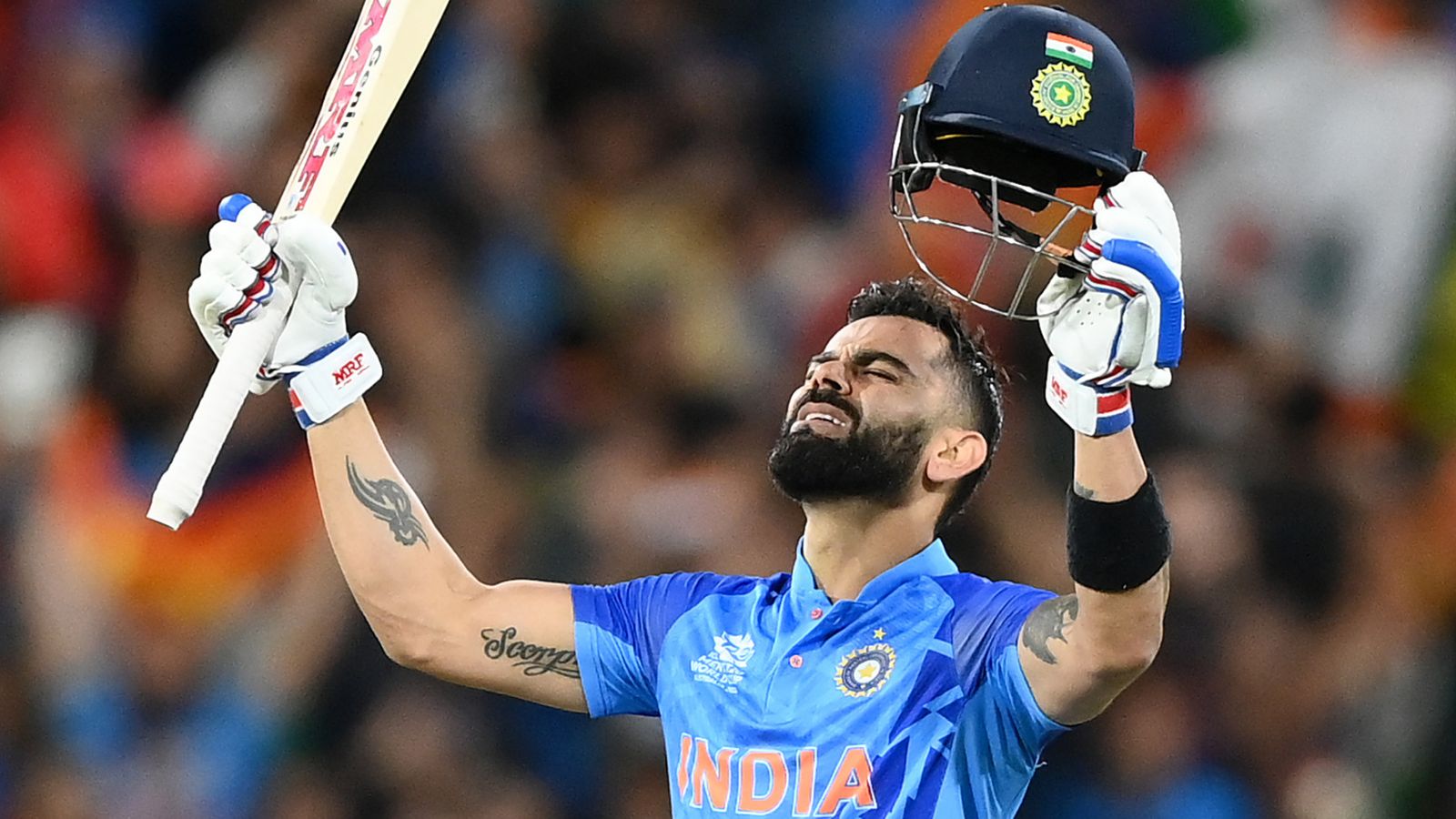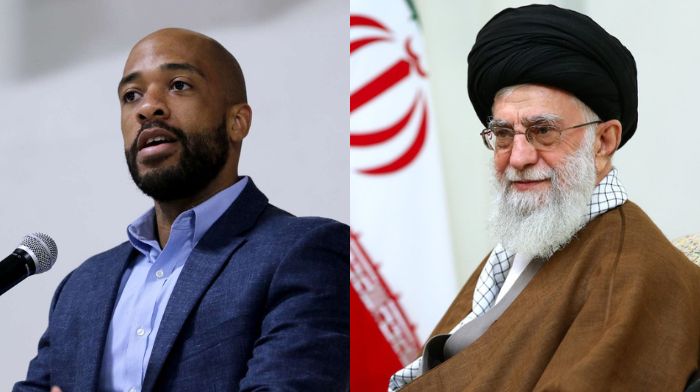
The spotlight Deion Sanders has brought to historically black college football programs has been unparalleled. Interest is at an all-time high and Sanders has championed multiplying exposure for the talent at HBCU programs. Sanders was specifically referring to the players, but the same sentiments could be said for HBCU coaches. Coaching at HBCUs has always been an impediment to career advancement pre or post-integration. Two seasons into Coach Prime’s metamorphosis of Jackson State football, Power 5 programs such as Nebraska, Georgia Tech, and Auburn are seriously considering him for their respective openings. But he is an anomaly.
Division I HBCU football exists within its own bubble that mainstream college football athletic directors turn a blind eye to. The NCAA and its member conferences have no Rooney Rule. Consequently, few stepping-stone opportunities materialize for black college football coaches, but that’s especially true for HBCU head coaches who are shut out of the coaching carousel. Promotions to Football Bowl Subdivision jobs come with higher salaries, larger staffs, prodigious budgets, more resources, a higher caliber of talent — as well as increased scrutiny. However, for coaching talents lacking Coach Prime’s cachet, those opportunities are rare.
Over a dozen head coaches have been hired for head coaching positions from the FCS level or lower in the last decade. Dino Babers, one of the few black coaches to graduate from FCS football to FBS has Syracuse 6-0. The number of coaches who’ve leapfrogged from even lower levels in Division II or Division III to FBS jobs, outnumber the minority coaches from HBCU conferences who’ve done the same.
Kansas’ hiring of Lance Leipold from Wisconsin-Whitewater where he won multiple Division III titles has been a rousing success. LSU’s Brian Kelly made his name at Division II Grand Valley State before getting plucked away by Central Michigan.
For those entrenched in HBCU football, they have to wander outside the SWAC and MEAC Conferences walls to even get on the mainstream radar. Oftentimes, that means taking a demotion. Howard offensive coordinator Brennan Marion’s “Go-Go” offense put him on the track and his offensive principles have become one of the most studied schemes in the nation. But Marion himself has yet to attain an offensive coordinator position. Last season, he coached the wide receivers at Pittsburgh — where Jordan Addison earned the Fred Biletnikoff trophy, awarded to the best receiver in the country — while this year Marion is the passing game coordinator at Texas. He should at least be an offensive coordinator somewhere by now.
G/O Media may get a commission
Tampa Bay Buccaneers head coach Todd Bowles, who’d prefer we slam shut the discussion on race and coaching now that he’s through the door, took the circuitous route from the defensive coordinator at Morehouse and Grambling State to the NFL. The Eddie Robinson Award, given to the best coach in college football, is named after the most successful coach in HBCU football’s long history. Since the integration of college football, programs at PWIs have gobbled up the talent that used to play at HBCUs, but have declined to hire HBCU coaches.
The only HBCU head coach in the last 60 years hired away by an FBS program was Alcorn State’s Jay Hopson in 2016. This is Jay Hopson.
The hiring of Hopson as the first white head coach in the history of the SWAC Conference created national headlines in 2012. Then, after four seasons, 32 wins, and 17 losses — including his final one to North Carolina A&T in the Celebration Bowl — Hopson was quietly scooped up by Southern Miss.
The winning head coach on the opposing sidelines for Hopson’s last game at Alcorn State was 56-year-old Rod Broadway, In 15 seasons, Broadway compiled a 125-45 record, led A&T to the FCS playoffs and an undefeated season in 2017. He has never been seriously linked to an FBS opening.
FAMU’s Willie Simmons is currently the most popular HBCU coaching prospect not named Deion, but even he’s hit a wall. Simmons, 42, was in the running for the Florida International job after Butch Davis’ contract expired last December. Simmons compiled a 45-21 record, won 24 of 34 games at FAMU despite administrative dysfunction, spearheaded the No. 1 defense in FCS, and guided the Rattlers to a rare FCS playoff berth. Simmons already has connections throughout the fertile recruiting grounds in South Florida. It was a perfect fit. Ultimately, FIU passed over FAMU’s coaching prodigy for a retread in Mike MacIntyre, who last went 30-44 at Colorado.
Ideally, Simmons, who is 13 years younger than Sanders will be offered an FBS job in due time. Sanders may end up as the first, but he shouldn’t be last.
















